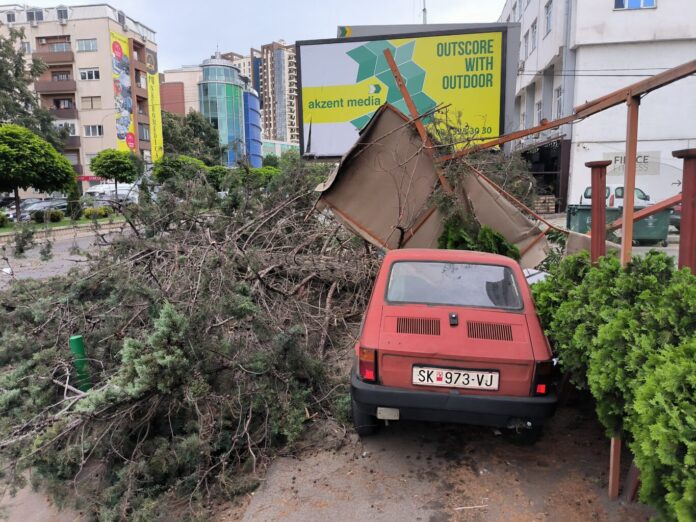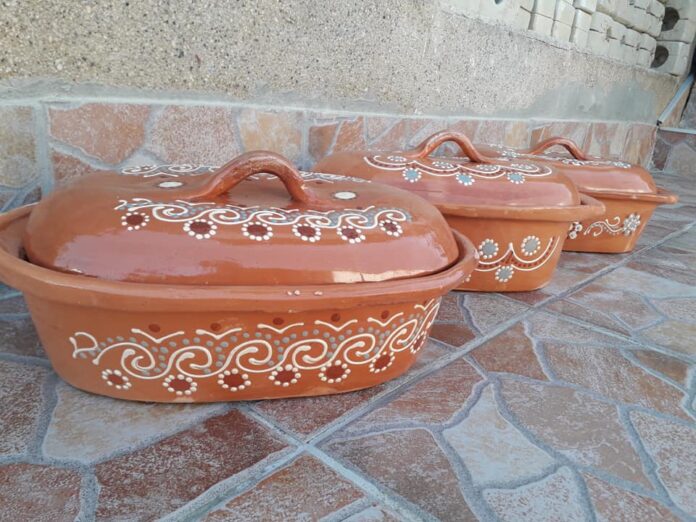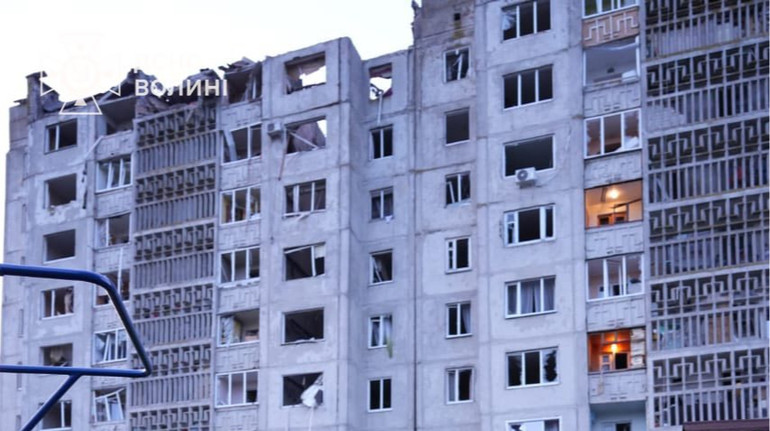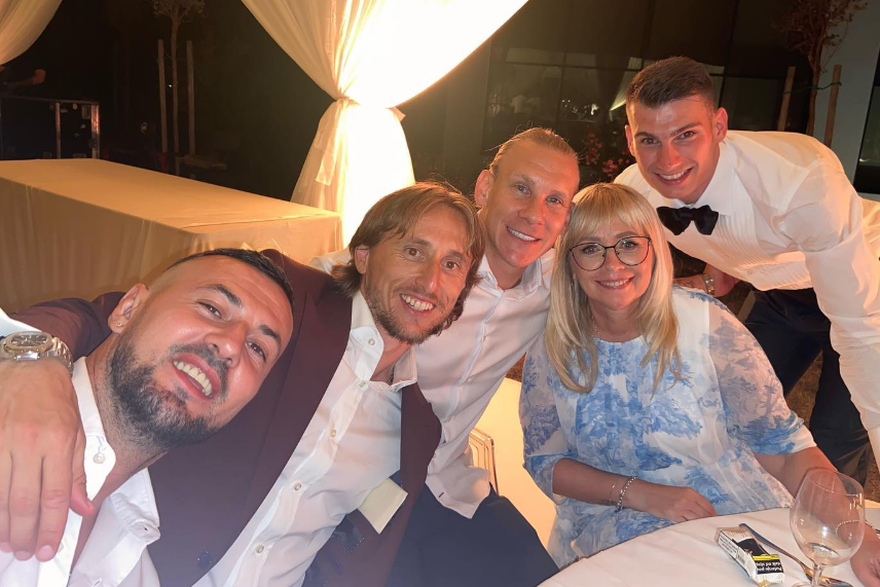Krzaloski: Corruption is acceptable to many citizens, and the fight in such a situation is more difficult
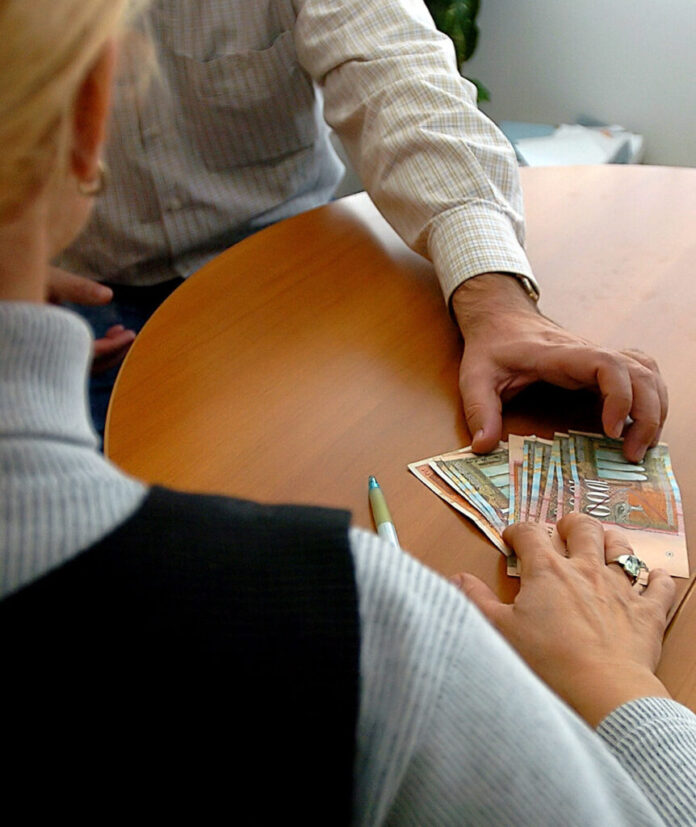
Corruption is widespread and affordable for the majority of citizens and the fight in such a situation is more difficult, the President of the Macedonian Center for International Cooperation (MCIC) Aleksandar Krzalovski said at a high -level meeting « Fighting Corruption: Innovation Against Illegal Power », which MCIC organizes in the Network of Europe.
– But what is striking not only for Macedonia, but in the entire Balkan region is that the situation has worsened in these 10 years. There was actually progress when negotiations with Serbia and Montenegro opened, and there were ours in the period 2010 to 2015, but since the last ten years except maybe a little bit in Montenegro has worsened the situation with corruption throughout the region – said Krzaloski.
Last year’s research for the whole region indicates a still high level of corrupt pressure, ie many people are sought by bribes.
-In the region is the average somewhere 33 percent, in our country it is 31, with many people also giving bribes. In the region is 31, so the resistance of corruption is very small, almost 90 percent of those who were asked and bribed, we are 26, so there is some reduction from before – says Krzalovski.
Five percent, he added, is only the difference between what was asked for what was given. And that, as Krzaloski points out, actually indicates that corruption is so widespread and affordable for the majority of citizens, and in such a situation the struggle is more difficult.
« What I said about the request for bribes and giving is a victimological analysis, not just a perception, ie public opinion that people think about corruption, but really goes to cases where it was asked and given and going deeper in analysis, » Krzalovski explains.
One of the goals of this meeting, as he explained, is to present illegal financial flows and how institutions do not function or are captured by the ruling parties that, Krzaloski adds, we need to see it as a phenomenon and prevent it, as it is stalling the development of states, stagnate.
A new methodology for, as Krzaloski emphasized, has been used for the state’s captivity in the last two or three years.
« From party statutes that do not stimulate loyalty to the leader instead of the merit process we all advocate, then when party people come to power instead of making people in the right places and then contributes to the factual institutions to become trapped, not to perform their functions, but they call for the needs of the party. »
In the debate at a high-level meeting that is taking place after the tragedy in Kocani and showed that there is a high level of corruption and bribes in the country that led to the loss of many human lives, the Deputy Prime Minister in charge of good rule policies Arben Fetai noted that the government would not tolerate irresponsibility, non-accountable situations.
Fetai said that with the tragedy in Kocani we saw that corruption was not killing, and that we lost over 135 of our fellow citizens with the previous tragedies. The government, he said, inherited a rotting system, but is fully committed and wants to build a functioning system.
The Deputy Prime Minister said that only 18 % of the anti -corruption measures have been realized so far, and that although there have been progress we have not shone as a state, pointing to the events related to the Special Public Prosecutor’s Office and the adoption of the amendments to the Criminal Code. We have, Fetai said, zero corruption decisions, as well as few decisions on confiscation of property.
Fetai also said that the withdrawal of US support for the fight against corruption was felt, and that it was a very valuable technical support for us. Now, he added, the state is facing a serious test, which requires urgent action and necessary dialogue with civil society.
He recalled that the Government had re -established the Council for Cooperation between the Government and the NGOs, and that they could count on stable funding and that it would be more stable, more durable and more resistant to new challenges.
Ben Nupnau, deputy head of the EU delegation, citing data on the region’s perception of the region and the percentage of 37 percent of citizens who accept corruption, said such a mentality was a basis for corruption development. He pointed to the need for further progress on the legal framework, defining specific goals, and that political solutions are needed at the highest level. However, Nupnau said, this is the task of the whole society.
The purpose of a high -level meeting « Fighting Corruption: Innovation Against Illegal Power », which MCIC organizes on behalf of the Regional Network for Leadership and Integrity in South East Europe (SELDI) is key policy makers, civil society and international development community to discuss innovative ideas and urgent activities for urgent activities in Strategic corruption. At the same time, legal gaps that allow for money laundering, bypassing sanctions and trade in goods for dual purpose will be considered.
« The meeting is expected to strengthen the capacities of CSOs in the Western Balkans locally, with knowledge of global anti -corruption trends, to understand the new guidelines of donor strategies and implications for geopolitical change, including the EU accession process, » they said.
The event is part of the Civil Society Project for Good Governance and Anti -Corruption in South East Europe: Building Evidence -based Advocacy Capacity, Impact for Policy and Citizens’ Effort (Seldi.net), funded by the European Union, and co -financed with funds from the Central European Initiative.


